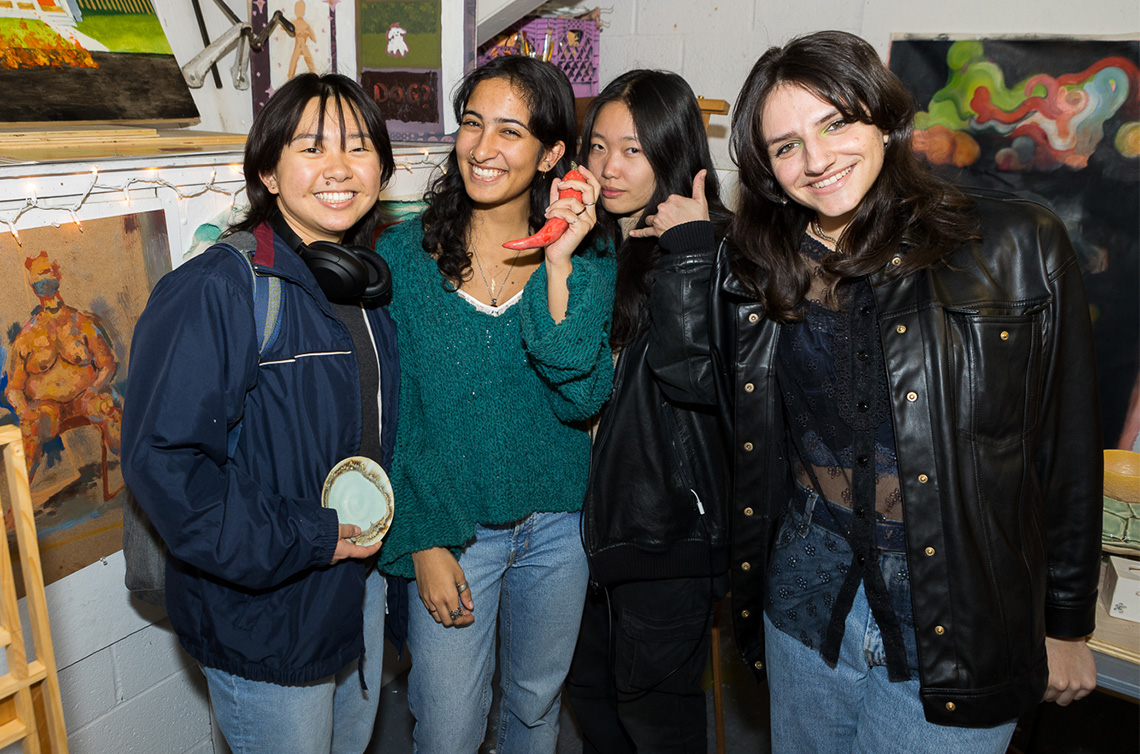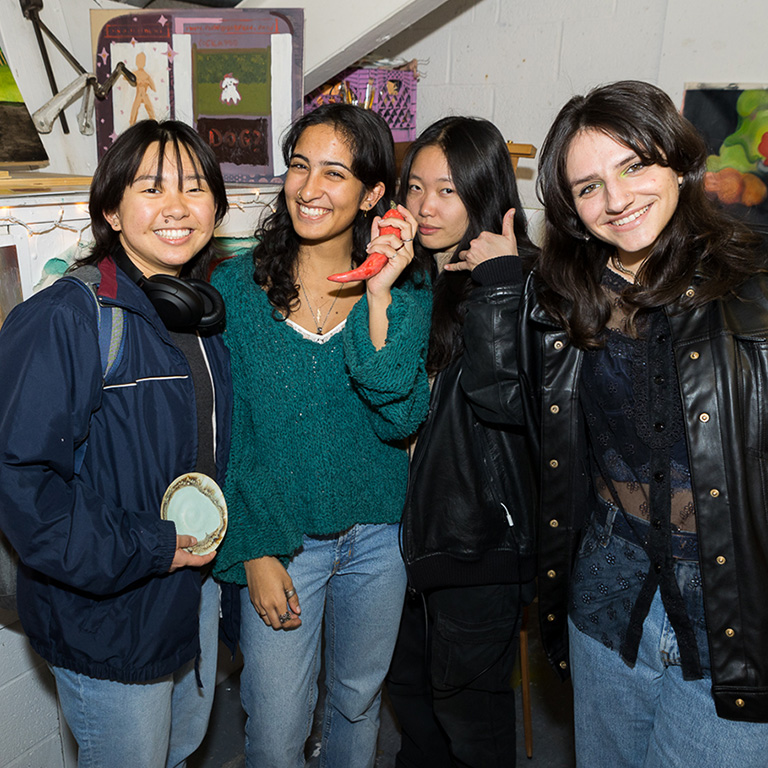Spring 2018 Advanced Elective Courses
For full class descriptions and a complete list of all School of Art courses, please visit the course catalogue here.
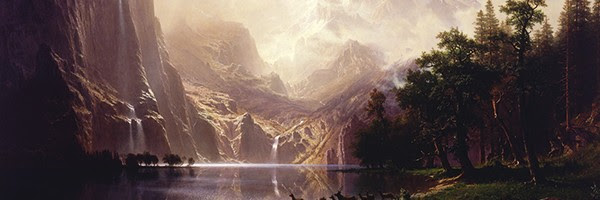
The Nation’s Nature: Art & the American Landscape – 60357
W 9:00-11:20am
Professor Kim Beck
This course will explore how representations of the American landscape create an ever-shifting national identity. Slogans like “Make America Great Again” traded on nostalgia and a desire for a fixed narrative but ignored the experience of marginalized groups. From painting to lens-based and print media to animation and sculpture, we will consider how art has fueled or challenged nationalism, patriotism, manifest destiny and American exceptionalism. We will read historical texts, narrative essays and cultural geography. Readings, discussions, essays, presentations and field trips provide art students a broader context for their own research.
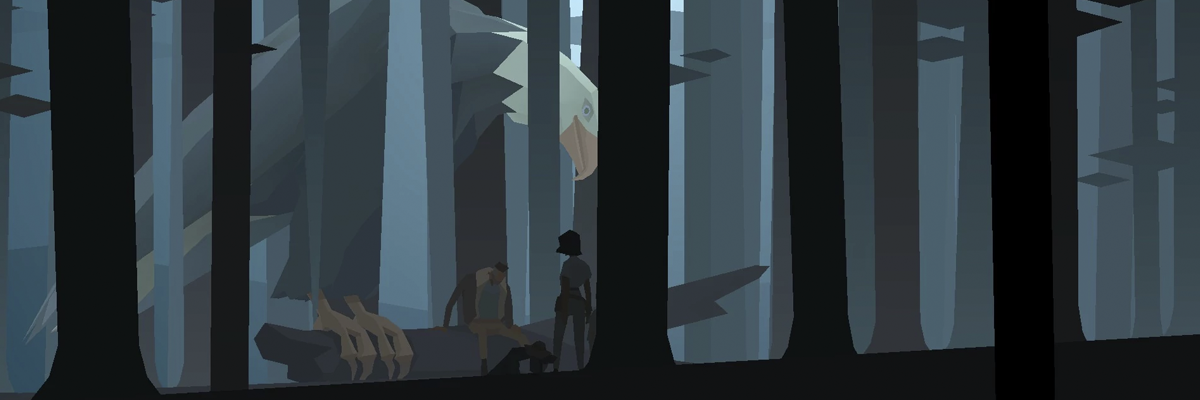
Playful Theory: Critical Topics in Game Culture – 60359
TR 10:00-11:20am
Professor Paolo Pedercini
This hybrid seminar course combines games studies, game criticism, and research-based art to examine the history, contexts, and frontiers of play. Digital and analog games will be approached through a variety of lenses: games as rituals, systems, performances, military technologies, drugs, narrative engines, gendered spaces, commodities. While not geared toward the technical development of video games, the coursework will include creative projects beyond writing and discussion. The goal is to provide conceptual tools to enrich your design/art practice and tackle a variety of critical topics in a playful but rigorous way.
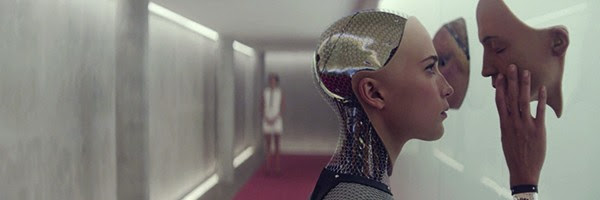
Mock Futures: Science Fiction Onscreen – 60388
F 1:30-4:20pm
Professor Veronica Fitzpatrick
This course will take a critical approach to writing and films concerned with the future. Regardless of whether texts ally with dystopian or utopian attitudes, or are set in outer space or low-income south London, our critical treatment will ask how specific visions of the future themselves enact a kind of time travel—by reflecting on the present, and rephrasing the past. “Critical” here describes a fundamentally feminist, anti-racist method aimed at generating specific, expansive thought. Selected texts will deal with cyborgs, aliens, haunted spaceships, and post-apocalyptic crises; they will also explore notions of gender and sexuality, theories of time and space, and the relationship between fantastic genre and allegorical critique.
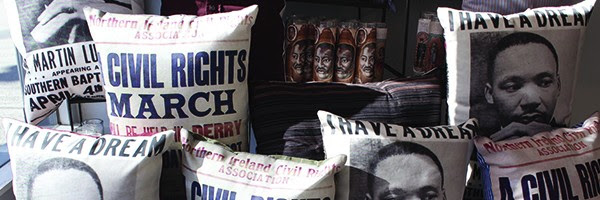
Art, Conflict, and Technology in Northern Ireland – 60397
W 10:00am-12:20pm, F 10:00-11:20am
Professors John Carson, Jennifer Keating-Miller, and Illah Nourbakhsh
Art, Conflict and Technology in Northern Ireland is a 9-unit course cross-listed in the School of Art and the Department of English, with a required 3-unit recitation in the Robotics Institute. Throughout the term students will be introduced to a history of social strife in the North of Ireland from the 1960s to the present, and efforts to reconcile differences in the contemporary period. Students will learn how to use CREATE Lab’s technologies as platforms for exploring the content presented in class and for the development of final projects. We will travel to Belfast for spring break 2018, to meet a variety of writers and artists whose work we will study, and stakeholders in reconciliation efforts throughout the region.
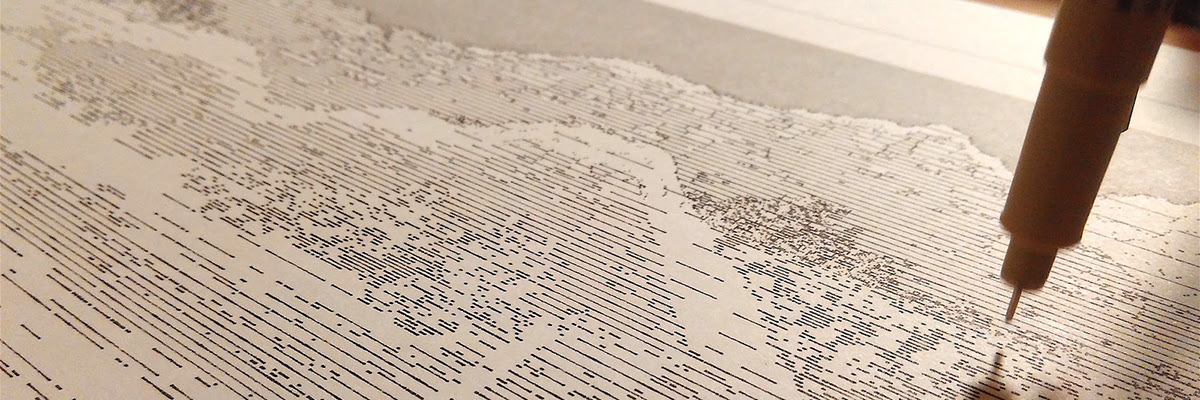
Electronic Media Studio: Interactivity and Computation for Creative Practice – 60212
F 8:30-11:20am, 1:30-4:20pm
Professor Golan Levin
This is a “studio art course in computer science”, in which the objective is art and design, but the medium is student-written software. The course develops skills and understanding of text-based, imperative programming techniques in a variety of popular open-source arts-engineering toolkits, including p5.js (JavaScript), Processing (Java), and openFrameworks (C++), with the aim of applying such skills to interactive art and design, information visualization, generative media, and other creative cultural practices. Topics include the computational manipulation of: point, line and shape; texture, value and color; time, change and motion; reactivity, connectivity and feedback; interactive graphics, sound, and simulation; and the incorporation of various modes of input (sensors, cameras) and multimedia output.
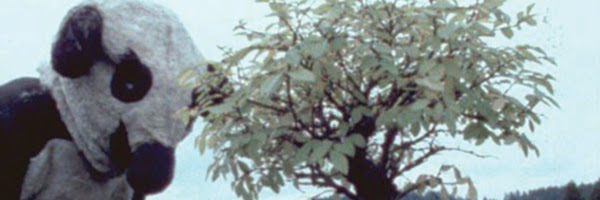
Urgent Narratives – 60405
MW 6:30-9:20pm
Professor Erin Cosgrove
This class will focus on narrative’s ability to define, denature, and transform in human evolution, history, politics, and art. Narrative is fundamental to our humanity. It is the often-unexamined way in which we interface with ourselves, our community and interact with and remake the world. Through a myriad of readings by scientists, artists, essayists, historians and philosophers and screenings of rousing, befuddling, and epic films, animations, documentaries and artworks we consider how our relationship to narrative is both the primary power of the arts and the mechanism for change. Students will be guided and challenged to develop and create their own urgent stories in the animation medium of their choice.
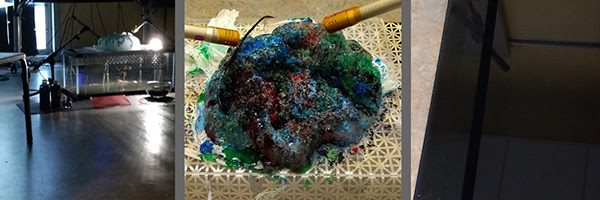
Experimental Sound Synthesis – 60407
MW 10:30am-12:20pm
Professor Annie Hsieh
This course will explore a variety of experimental approaches to music, sound design, and sonic artwork. Topics will include: composing and mixing in multichannel sound formats, building analog smart-synthesizers, electroacoustic music performance, 3D sound recording, reactive sound environments, sonic sculpture, and beyond. Students from a variety of disciplines will work together to design, prototype, and execute a series of ambitious projects. Students are expected to be proficient in one or more of the following areas: real-time graphical programming environments (Max or PD), physical computing platforms (Arduino, Raspberry Pi), experimental music composition/performance, instrument design, interactive art.
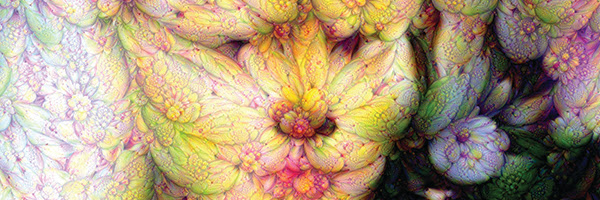
Art and Machine Learning – 60411
TR 1:30-4:20pm
Professors Eunsu Kang and Barnabas Poczos
This course is project-based and aims to introduce the crossroad of Art and Machine Learning to the broad range of students including both Art and Computer Science majors. We will offer the knowledge of examples, technologies, and issues that connect Art and Machine Learning to the students. Students will study example codes and produce creative applications/artworks using ML methods. Students do not need to have pre-existing knowledge of Machine Learning or experience of Art practice. Students are required to have basic understanding of Python and be open-minded, for example, open to learn the necessary mathematical background and open to discussions on conceptual development and artistic value of their projects.
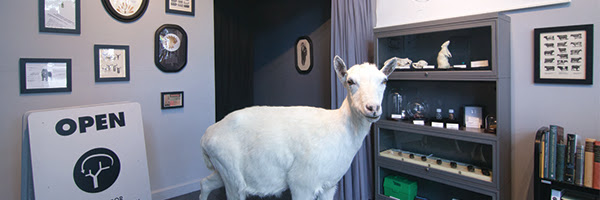
Post-Natural Art Studio – 60413
MW 1:30-4:20pm
Professor Rich Pell
This studio art course will engage with the human alteration of the living through domestication, breeding and engineering as a cultural practice. Students will learn to interpret the human-altered biological world as use it as both an inspirational and material foundation for producing artworks. Field trips, hands-on activity and rigorous scholarship will inform the students process. The BioArtworks produced by the students will encourage ethical discussion and allow for the critical examination of the social and cultural implications of working with living organisms.
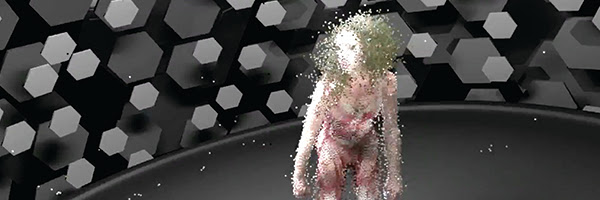
Animation, Art, and Technology – 60414
MW 1:30-4:20pm
Professors James Duesing and Jessica Hodgins
Animation Art and Technology is an interdisciplinary course cross-listed between Art and Computer Science. Faculty and teaching assistants from computer science and art teach the class as a team. It is a project-based course in which four to five interdisciplinary teams of students produce animations. Most of the animations have a substantive technical component and the students are challenged to consider innovation with content to be equal with the technical. The class includes basic tutorials for work in Maya leading toward more advanced applications and extensions of the software such as motion capture and algorithms for animating cloth, hair, particles, and grouping behaviors.
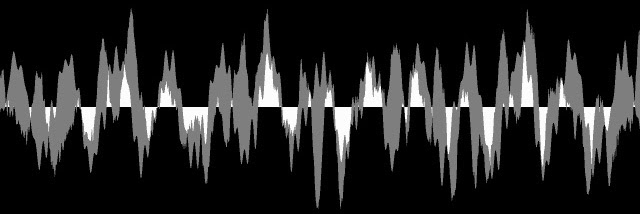
Sound + Vision: Sound Design and Theory for the Moving Image – 60424
TR 1:30-4:20pm
Professor Suzie Silver
In this studio course, students will study the craft and theory of sound design for the moving image. Through lectures, screenings and readings, students will study the influences of sound on the perception of space and time, and the impact audio-vision has on our experience of moving image media including music videos, video art, movies, computer games, animation and more. Working on their own and in small groups students will complete a number of short audio exercises as well as more ambitious creative sound/image projects. Creative technical instruction includes: microphones (selection and placement), recording, audio editing, sound design, signal processing, sound effects creation and basic audio synthesis.
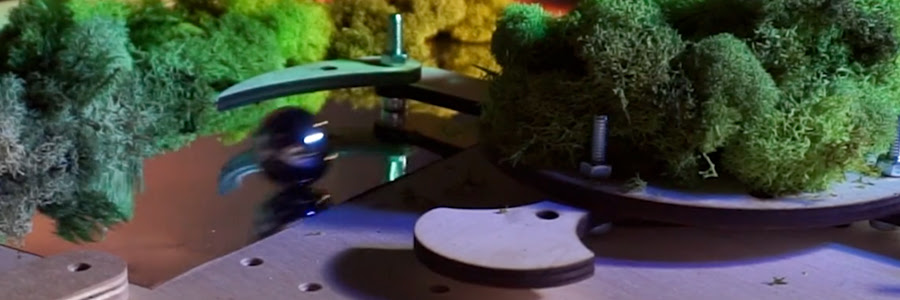
Art of Robotic Special Effects – 60428
TR 9:00-11:20am
Professors Suzie Silver and Garth Zeglin
Inspired by the early “trick” films of George Melies this project-oriented course brings together robotics and film production technique to create innovative physical effects and infuse cinema with the wonder of live magic. Students will learn the basics of film production using animatronics, camera motion control, and live compositing, then apply them to create short films all the way from concept to post-production. The course emphasizes real-time physical effects to explore the immediacy and interactivity of improvisation and rehearsal. The course includes a brief overview on the history of special effects and robotics to set the work in context.
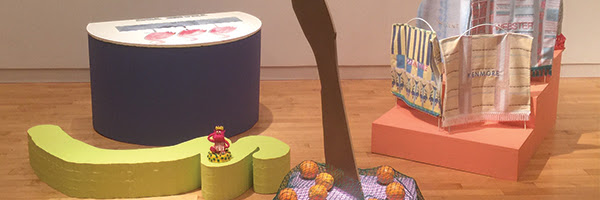
Installation – 60431
MW 1:30-4:20pm
Professor Bob Bingham
This course explores a broad range of sculptural issues concerning the practice of Installation Art. Studio focus on relatively large scale works which often involve an ensemble of objects or phenomena in a particular space. Both temporary and permanent works are addressed. Emphasis on research about “place” and the proposal process for a specific context. Various strategies, methods, and materials investigated through projects, readings, presentations, discussions, and field trips. Exercises and projects assigned initially, but students expected to establish their own projects later in the semester.
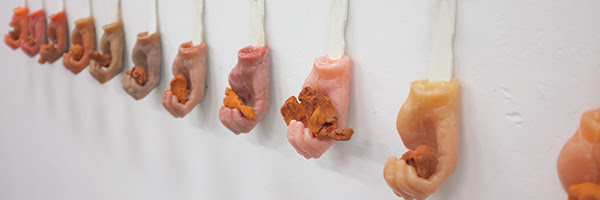
Clay Sculpture – 60433
MW 6:30pm-9:20pm
Professor Joe Mannino
Clay is a primary building block of sculpture. This supple, responsive, and versatile material is being incorporated into the work of many contemporary artists today. This class will ask students to create projects that explore the use of clay as a medium in the context of their own work. It is intended both for students who would like to specialize in clay sculpture, as well as students who work primarily in other mediums. Lectures will be presented on various approaches and techniques of clay artists, as well as other historic and contemporary artists. A notebook methodology will be employed for recording progress. Projects will originate from self-generated ideas. The use of mixed media is allowed.
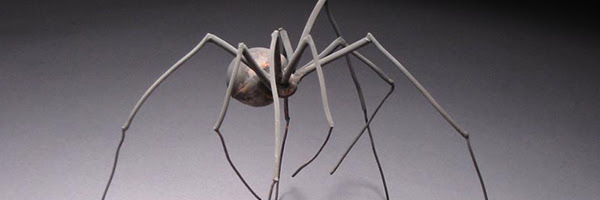
Metals – 60435
TR 8:30-11:20am
Professor Carol Kumata
Studio focus on fabrication using light metalworking techniques including forming, joining, and finishing. Metalsmithing and jewelry techniques will be explored in the context of sculptural issues. Metal stretching, forging, brazing, texturing, small scale casting and coloring are also presented. Slides looking at small scale metalwork, as well contemporary sculpture using metal techniques will be presented periodically. Metals provided include copper ,brass, and bronze sheet and wire. Materials fee will also cover silver solder and other expendables. This is a repeatable class that will add to the tools and techniques acquired in earlier metals classes while expanding individual growth within the concept and context of sculpture.
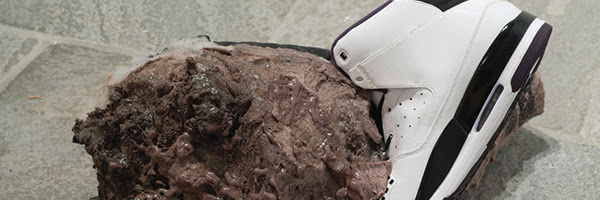
Objects/Thing Theory – 60440
TR 1:30-4:20pm
Professor Allison Smith
This advanced studio course will explore human-object interactions, flipping the question of why we make art to ask instead how objects produce subjects and how sculptures produce artists. Drawing from philosophical movements like object-oriented ontology, speculative realism, and new materialism, we will mine a range of challenging texts for useful insights into contemporary sculpture. The course will be structured primarily around readings, slide talks, independent research, individual meetings and group critiques. Throughout the semester students will be asked to generate and present roughly fifteen quick-fire sculptures (each in response to a weekly reading), including specific objects, non-objects, goods-to-think-with, things-in-motion, quasi-objects, quadruple objects, and more.
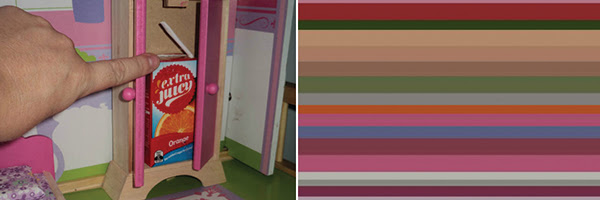
Color – 60452
TR 1:30-4:20pm
Professor Clayton Merrell
In this advanced course, students will learn to employ a wide range of color theories and color systems through hands-on exercises and studies. Studies will be done primarily in paint, with some use of collage and digital media. These exercises will be aimed at mastering a variety of color approaches that will be applicable to each student’s own artistic practice. Students will develop, based on their own interests, a cohesive body of work in which to practice and expand on the skills learned through the directed exercises. Studio work will be augmented by lectures, demonstrations, critiques, readings and critical discussion of writings about color.
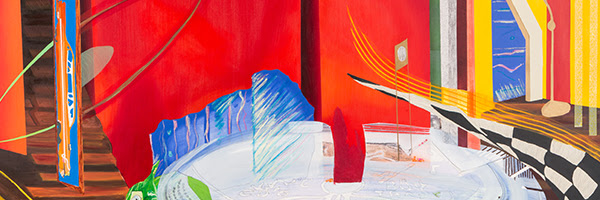
Painting – 60453
MW 6:30-9:20pm
Professor Devan Shimoyama
In this course you will be encouraged to expand your skills and develop a personal vision, while maintaining a spirit of investigation into the developmental process, the magic, the illusion and the physical reality of painting. The professor will act as critic and advisor as students work independently developing self-generated ideas and setting personal goals. We will meet as a class for group critiques, discussions, presentations on the practical aspects of the profession, and slide lectures on contemporary artists.
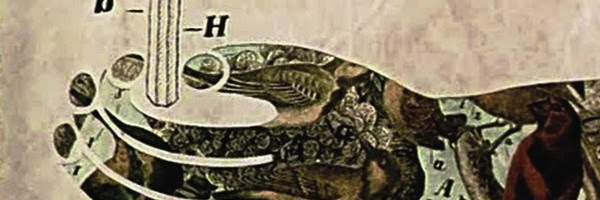
Draw/Paint – 60459
MW 1:30-4:20pm
Professor Echo Eggrebrecht
This advanced level course is designed to aid the student in developing ideas and conceptual strategies in two-dimensional media. Attention will be given to expanding the conceptual basis of work while strengthening material qualities. Students are expected to set personal goals and work independently, though certain artists, topics and approaches will be introduced through slide lectures and readings to consider. Issues of audience, accessibility and context as related to the construction of meaning will be addressed. One-on-one meetings and group critiques will provide routine feedback and dialogue.
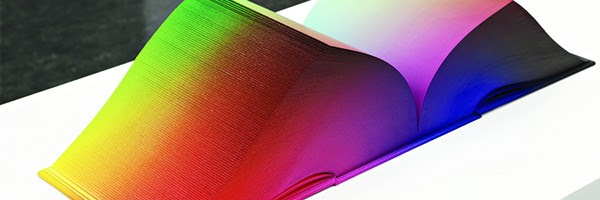
Book/Portfolio: Photo & Print Workshop – 60474
MW 1:30-4:20pm
Professor Kim Beck
In the workshop environment of this course, we will develop books and/or portfolios that explore narrative, sequencing, or repetition. Students will create independent self-driven projects investigating the uses photography and/or print media, such as digital print, alternative processes, silkscreen, intaglio or lithography. Students will have access to the CFA photography labs and the School of Art print media studios.
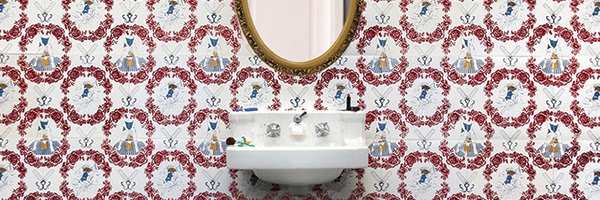
Open Print – 60475
MW 8:30-11:20am
Professor Imin Yeh
This advanced Print Media course focuses on student-driven development of a studio practice focused on contemporary print, multiples and distributed art. In this class, individuals will continue to build on technical skills and concepts, and the interdisciplinary applications of both, through self-directed, individual approaches. The course includes written assignments, weekly critiques and discussion, field trips to local print studios, and visiting artists. This course is for advanced students of art, ready to focus on larger-scaled, conceptually and formally ambitious projects that are formed from long-term investigations.
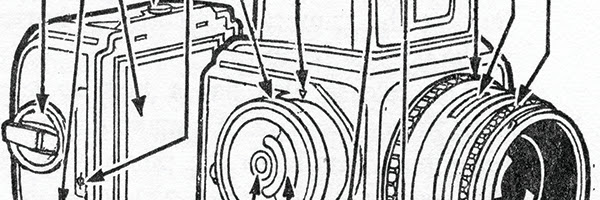
Black and White Photography – 60141
Section A
MW 1:30-4:20pm
Professor Jamie Gruzska
Section C
TR 8:30-11:20am
Professor Martin Prekop
This course will teach you the basic craft of photography from exposure of the negative through darkroom developing and printing to print finishing and presentation. Content includes student presentations, class discussions, shooting assignments, darkroom sessions and class critiques. We will concentrate not only on the technical aspects of photography, but also the aesthetics of seeing with a camera. The course concentrates on photography as a fine art-what is unique to it and the concerns that are shared with other visual arts, such as composition, tonal values, etc. and aims to equip students with an understanding of the formal issues and the expressive potentials of the medium.
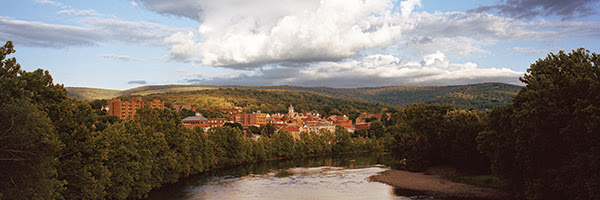
Digital Photography I – 60142
MW 1:30-4:20pm
Professor Aaron Blum
This course explores digital photography and digital printing methods. By semester’s end students will have knowledge of contemporary trends in photography, construction (and deconstruction) of photographic meaning, aesthetic choices, and the use of color. Students will learn how digital cameras work, proper digital workflow, RAW file handling, color management and Adobe Photoshop. Through the combination of the practical and theoretical, students will better define their individual voices as photographers.
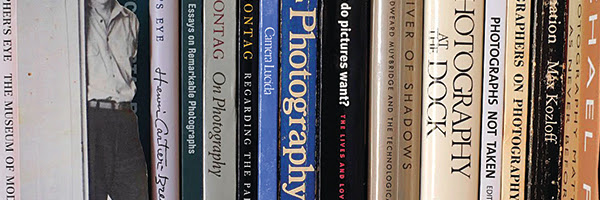
Reading Pictures/ Writing Photography – 60239
R 6:30-9:20pm
Professor Leo Hsu
Our experience of the world is mediated through photographs, but how are photographs mediated by text? As culturally-constructed objects, photographs are both complex signifiers and vehicles of social and political influence. In this course students will engage critically with photographs and photography through classic and contemporary texts on photography and by producing their own writing. Students will become familiar with significant photographers and key issues raised around photography, and develop their own critical and authorial voices through class discussion and weekly short response papers, as well as longer assignments and occasional in-class exercises.
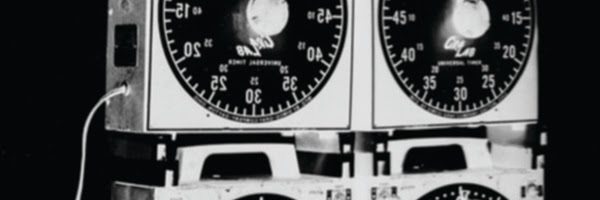
Black and White Photography II – 60241
TR 1:30-4:20pm
Professor Marin Prekop
This course allows you to gain experience with medium and large format film cameras while emphasizing aesthetic development and personal artistic growth. As an advanced student, you have access to an unusual assortment of panoramic and pinhole cameras that will change the way you make photographs, revealing unknown perspectives. Additional topics include digital process though negative scanning and inkjet printing, advanced monotone printing methods, and a focus on exhibition and folio presentation. Cameras will be supplied for this course.
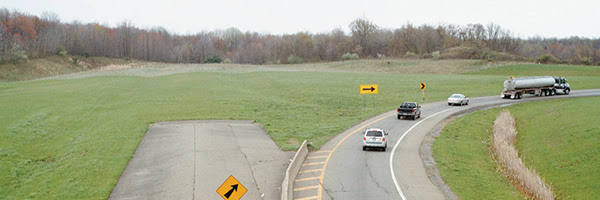
Digital Photography II – 60242
MW 8:30-11:20am
Professor Ross Mantle
This course allows you to gain experience with medium and large format film cameras while emphasizing aesthetic development and personal artistic growth. As an advanced student, you have access to an unusual assortment of panoramic and pinhole cameras that will change the way you make photographs, revealing unknown perspectives. Additional topics include digital process though negative scanning and inkjet printing, advanced monotone printing methods, and a focus on exhibition and folio presentation. Cameras will be supplied for this course.
